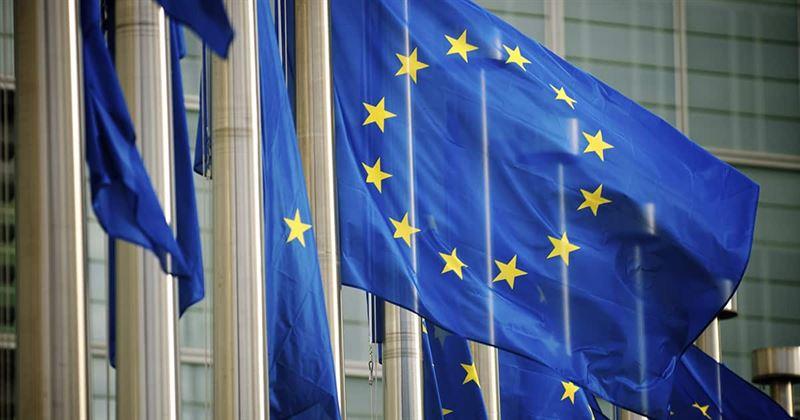The directive has a strict deadline for central governmental authorities, however, it allows for an extension for up to one year for sub-central governmental authorities. If a member state does not notify the EC that it has fulfilled its obligation to transpose the directive within the given deadline, the EC will initiate an infringement procedure against this member state.
Within the two months following the transposition – 17 April 2019 for those who haven’t sought the extension – the member state will receive a “Letter of Formal Notice” for non-communication. This is the first step of the infringement procedure, and the member state then has another two months to reply to this notice.
If the member state does not reply, or responds that the full transposition will be delayed, the EC will proceed with the next step of the infringement procedure – sending out a second letter called a “Reasoned Opinion”. This is a formal request addressed to the member state to comply with EU law. It outlines the EC’s stance regarding why they view the member state to be in breach of EU law. It also requests that the country inform the EC of the measures taken to meet the directive, within a specified period, usually two months.
Should the member state still not comply, the EC may decide to go further and refer the matter to the Court of Justice and propose a fine. If the Court of Justice agrees with the EC’s stance, it will then determine either a lump sum and/or a daily payment to be paid by the member state.
These penalties are calculated taking into consideration:
-
The importance of the rules breached and the impact of the infringement on general and particular interests;
-
the period that the EU law has not been applied; and
-
the country’s ability to pay, ensuring that the fines have a deterrent effect.
The amount proposed by the EC can be changed by the court in its ruling. Publication of infringement decisions are published on the EC’s website. At present, approximately half of Member States have notified the EC of the transposition according to Connecting Europe Faculty (CEF).
Via CEF, the EU continues to provide resources and funding to member states to help design and implement digital technologies such as e-invoicing. We envision that all member states will transpose and implement the e-invoicing Directive, but that it is likely that many of the lagging countries will violate or breach the April 18 deadline due to technical or resource limitations.
Pagero will help you to comply
Pagero has a long experience of helping companies and organisation globally to digitalise and streamline their business processes, both B2B and B2G. We help public entities and their suppliers all over Europe to connect and comply with the directives – today and in the future. Please don’t not hesitate to get in touch for further details.
Get the latest news from Pagero

